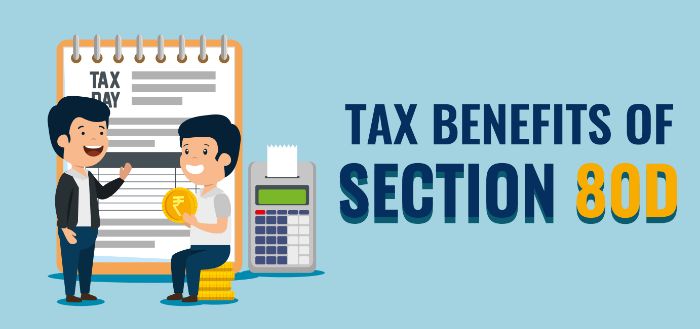Tips To Reduce The Premium For Health Insurance
Because of India’s increasingly sedentary lifestyle and the accompanying rise in the prevalence of health hazards, purchasing health insurance has become obligatory for every single person in the country.
In the event that we experience a medical emergency, the insurance will serve as a shield, allowing us to seek the necessary medical care with significantly reduced levels of anxiety and while ensuring that we can maintain our financial security. However, buying insurance for every member of your family can end up costing quite an amount of money, which is why we all try to cut costs whenever we can.
Tips to Reduce the Premium for Health Insurance
Here are some good ways to save money on your health insurance:
- Spending Money On Insurance Ahead Of Time: The cost of health insurance goes down the earlier you buy it. Young people who are fit and active have a much lower risk, so their insurance premiums are also much lower. Buying health insurance when you are young is a proven way to save money on your premiums.
Before letting you get a policy, most insurance companies look at things like your age and health history. On the other hand, this is why it gets harder to get insurance as you get older. Because of this, the best time to buy health insurance is when you are in good health and can get a policy with lower premium payments. So, your premium will be a lot less than what you’ll have to pay when you’re older
When common diseases that come with age, like diabetes, heart problems, and high blood pressure, are added to your medical history, insurance companies raise your premium payments.
- Co-payment: Co-payment refers to the proportion of medical costs that are split between the insurance provider and the policyholder. Your premiums will go down in proportion to your copayment percentage. It’s an optional clause that could save you money on your insurance premium.
- Purchasing Insurance Online: When you buy health insurance online, you can easily compare the many available plans from a number of different insurance providers. After doing your own research, it will be convenient to find the lowest price on the market.
- Long-Term Plans: You can get health insurance for a year or for up to two or three years at a time. These have a lot of good things about them and will save you money over the long term. Also, you won’t have to go through the trouble of renewing your health insurance every year.
- Balance Your Health Insurance Plans :Sometimes, your employer gives you a group health insurance policy, and you also get an individual health insurance policy to protect your finances even more. Policyholders can also choose a family floater plan that helps insure their family as well as themselves.
With so many insurance policies, it can be hard to keep track of how much you need to pay for each one. In this situation, it’s best to make sure you get your own insurance, but keep in mind that you can already get a lot of benefits from your other insurance. This will make it easier for you to pay the premiums for your insurance policies.
- Choose Top-up Plans: Top-up plans are very helpful if you want to get a lot of coverage without paying a lot of money for it. Most of the time, top-up plans help you divide your coverage into two parts. This lets you make a bigger claim that can go over the limit that has already been set.
Let’s take a look at an example to understand this better. Say you have a Rs. 10 Lakh plan with a Rs. 5 Lakh benchmark. You make a claim against this plan for Rs. 7 Lakh. The insurance company will then pay the extra Rs. 2 Lakh that your treatment cost. This way, you pay a lower premium for your health insurance plan and can use the top-up plan if your treatment costs require it.
Conclusion
Because of the continuously increasing expense of medical care, it is very necessary for each and every one of us in India to have health insurance. However, given that the expense of health insurance might be a hardship, there are ways to minimise the premiums by adhering to the guidelines that were discussed earlier in this article.
Tips To Reduce The Premium For Health Insurance Read More »









